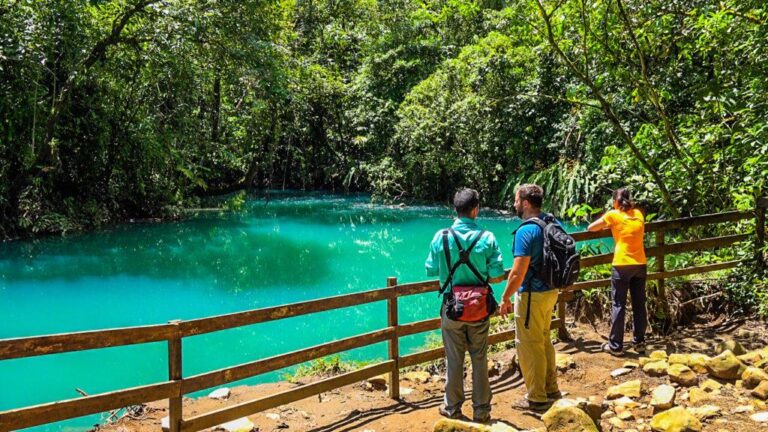Introduction to Tourism in Costa Rica
Tourism plays a vital role in Costa Rica’s economy. This Central American nation is renowned for its biodiversity and eco-tourism, attracting millions of visitors each year. The influx of tourists generates significant revenue, but it also raises questions about the equitable distribution of wealth generated by this sector.
The Economic Impact of Tourism
As one of the largest industries in the country, tourism contributes over 8% to Costa Rica’s GDP. However, most of this wealth is concentrated in certain areas, leaving many locals in poverty. Coastal regions and tourist hotspots benefit financially, while rural communities see little investment in infrastructure and services.
Job Creation vs. Living Wages
The tourism sector creates thousands of jobs, offering opportunities for many Costa Ricans. Nevertheless, the pay in tourism-related jobs often falls below the living wage, leading to financial struggles for many workers. This gap exacerbates existing wealth disparities, as those in high-paying positions reap the benefits while others toil in low-wage roles.
Environmental Impacts and Local Communities
While tourism promotes environmental awareness, it can also harm local ecosystems and communities. Development projects aimed at tourism often displace families and degrade natural resources, disproportionately affecting the poorest residents. This situation calls for a more sustainable approach to tourism that prioritizes the well-being of both the environment and local communities.
Wealth Inequality in Costa Rica
Wealth inequality remains a pervasive issue in Costa Rica. According to Borgen Project, the richest 10% of the population owns more than half of the country’s wealth. Such inequality poses challenges for social cohesion and economic stability, necessitating urgent policy interventions.
Conclusion
Addressing the dual challenges of tourism and wealth inequality is essential for Costa Rica’s future. By creating a more equitable tourism model, the country can ensure that the benefits of this thriving industry are shared among all its citizens. Sustainable practices and inclusive policies can pave the way towards a more balanced economic landscape in Costa Rica.

